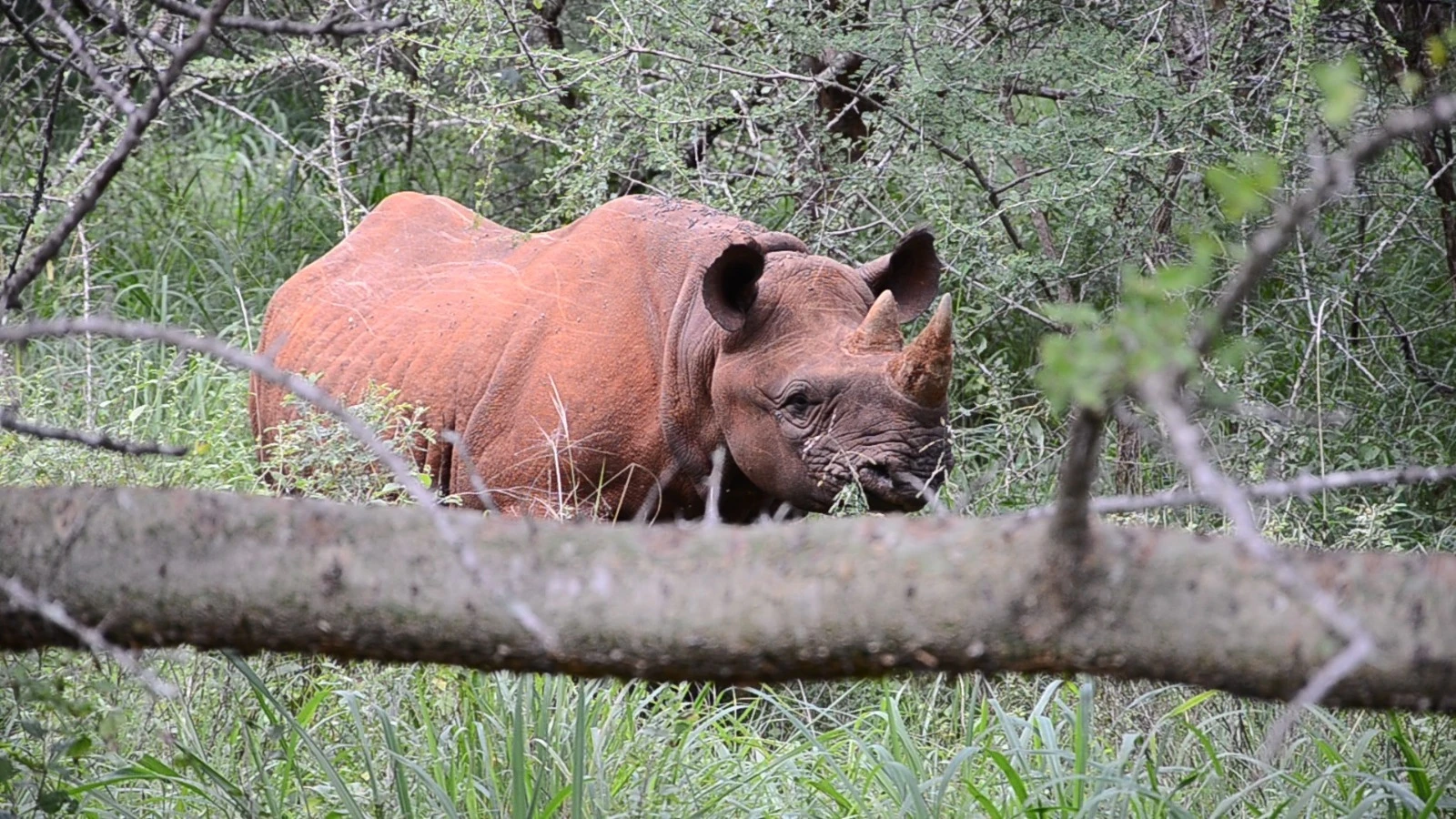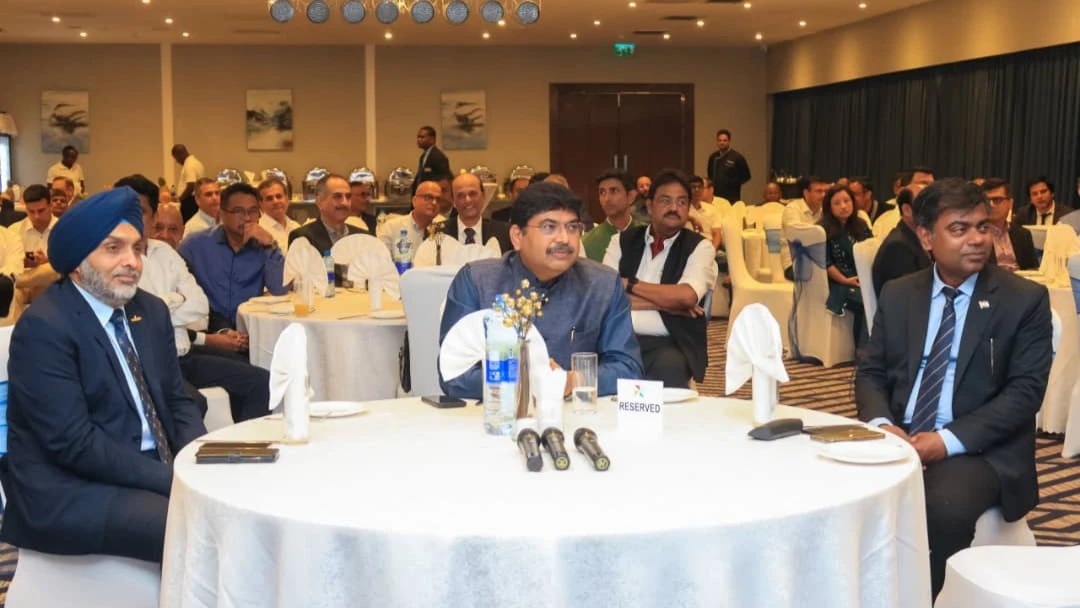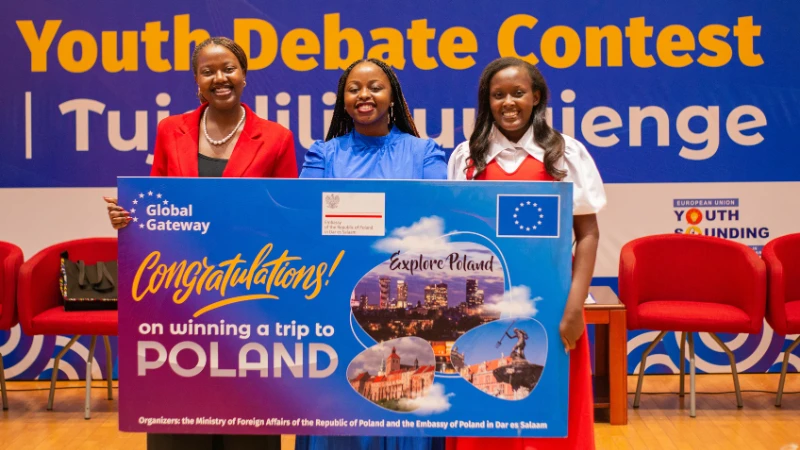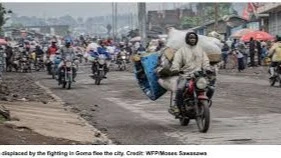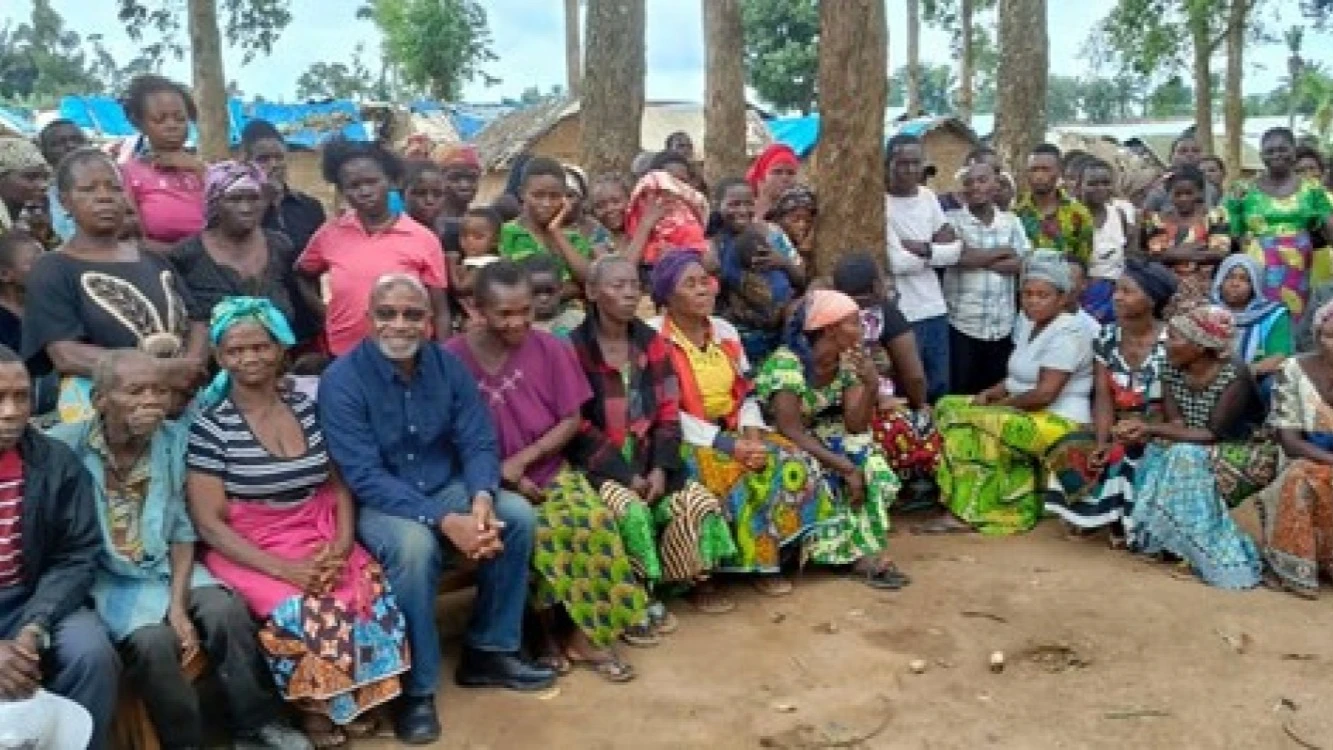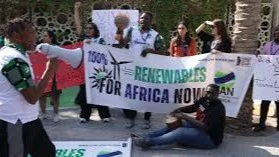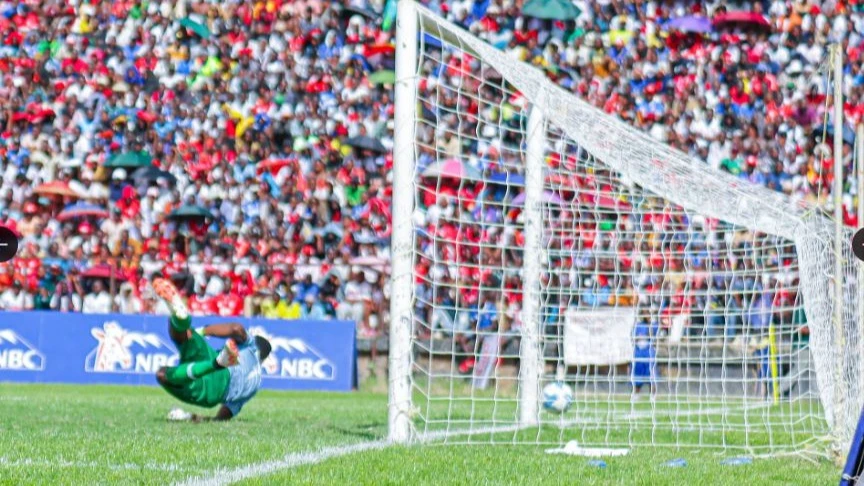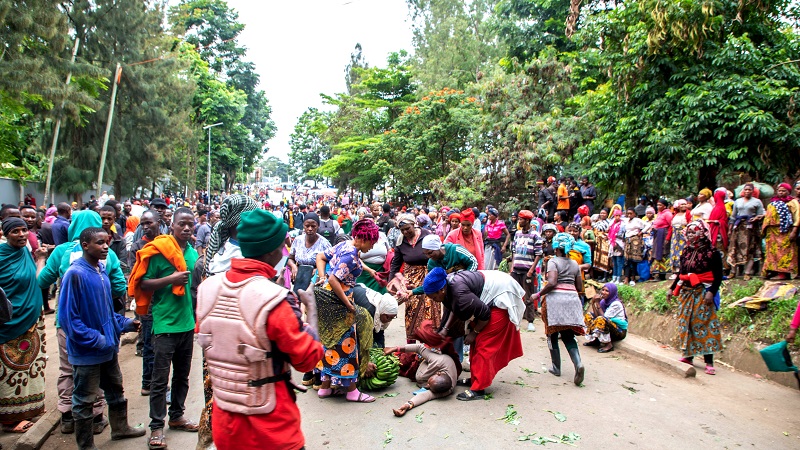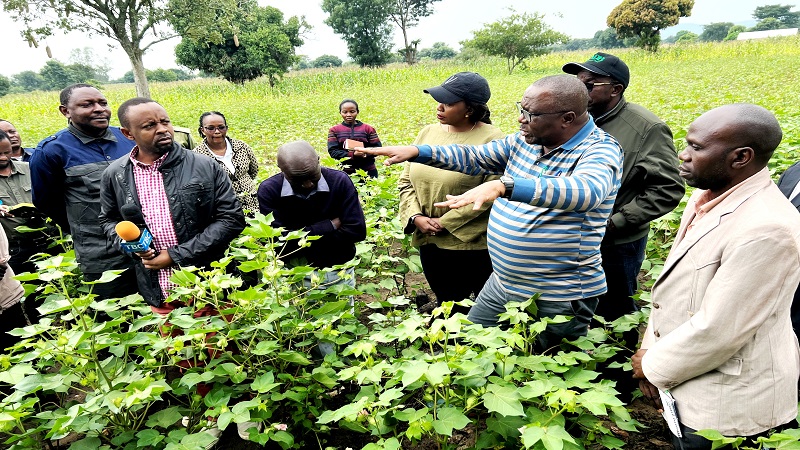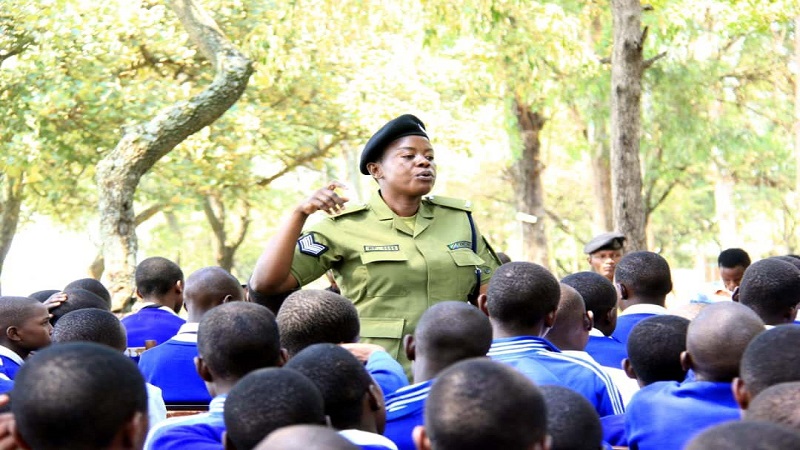UNICEF commends Tanzania’s achievements in gender equality
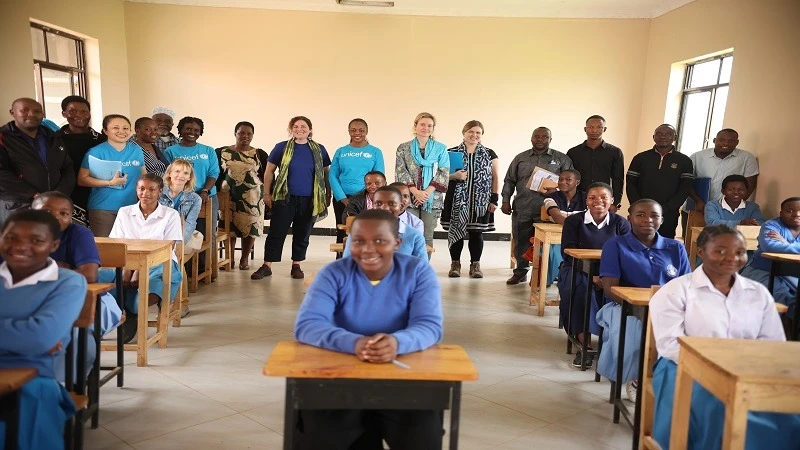
TANZANIA has made significant steps in advancing gender equality through sound policies and dedicated programmes that empower girls and women, a notable achievement recognised by the United Nations Children’s Fund (UNICEF).
Dr. Lauren Rumble, associate director for gender equality at UNICEF headquarters, made the remarks in Dar es Salaam at the weekend during a media briefing on her visit to Tanzania. Her visit aimed to gain insights into the country’s progress and challenges in advancing gender equality and adolescent girls’ empowerment.
She noted significant advancements at the pivotal time, as the country is under first female leader, President Samia Suluhu Hassan, who has strides to foster a more equitable society.
"My first key observation is that, as many have noted, Tanzania is a highly progressive country in terms of gender equality, especially now with President Samia serving as the first female leader in Tanzania and East Africa," she said.
She added, “We are very proud at UNICEF to recognise Tanzania as a spearhead country for adolescent girls, meaning our country office has prioritised this vulnerable group as a key focus. Every sector from health, nutrition, and education to child protection is working alongside the government of Tanzania, CSOs, and the private sector to drive meaningful support for this initiative.”
On the policy reform aspect, she praised the 'Back to School initiative,' which ensures adolescent mothers have the opportunity to continue with their education and build a better future.
"What I saw in Songwe was a dedicated programme for adolescent girls such as the integrated programme for out-of-school adolescents (IPOSA), designed to help them catch up on their education. Through this initiative, girls develop literacy, financial, and vocational skills, enabling them to earn a livelihood and become productive members of society," she noted.
She further highlighted the adolescent-friendly health services provided at Vwawa District Hospital, including the human papillomavirus (HPV) immunisation and community health worker interactions.
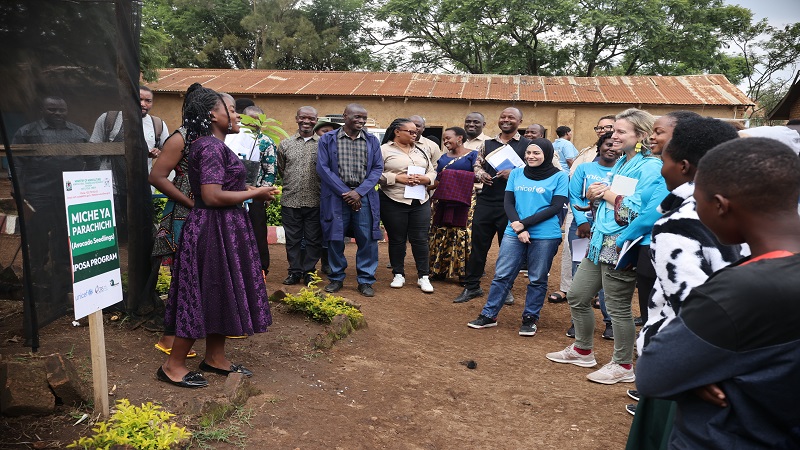
Reflecting on the 1995 Beijing Conference and its focus on the girl child agenda, she said: “We need to see more women presidents. One is not enough in East Africa; we need many more Mama Samias.”
Weighing in on the upcoming National Development Vision 2050, she expressed hope to see girls clearly budgeted for, with dedicated programmes ranging from economic empowerment to peace and financial literacy. She stressed that their inclusion would enable them to contribute meaningfully to Tanzania’s growth and prosperity.
However, persistent challenges remain, including high rates of teenage pregnancy (22 percent) and child marriage. Adolescent girls often lack access to comprehensive health, education, and protection services.
UNICEF is addresses the challenges through multi-sectoral initiatives aimed at dismantling harmful social norms and creating enabling environment for adolescent girls.
Top Headlines
© 2025 IPPMEDIA.COM. ALL RIGHTS RESERVED








